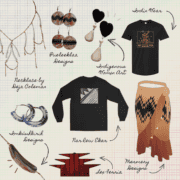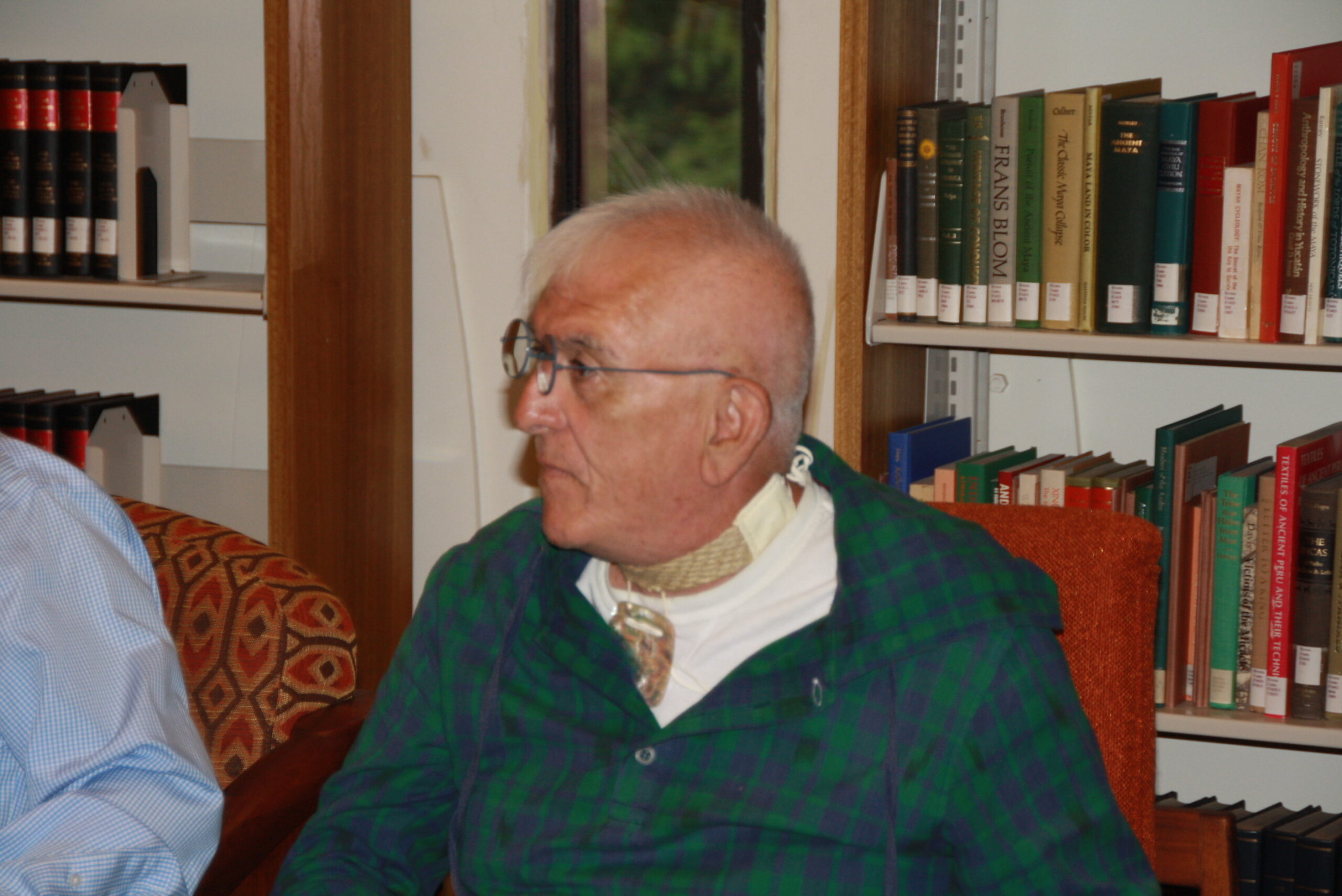
Responding to the Orange County Oil Spill
By Jeanne Ferris
Southern California’s wetlands, which the vast body of the Pacific Ocean interacts with, are vulnerable once again. An offshore oil platform owned by Amplify Energy and operated by Beta Offshore to the port of Long Beach spilled an estimated 144,000 gallons of crude oil from a 17-mile pipeline. Just recently, a celebrated recovery from a 1990 oil spill on Talbert Marsh left environmentalists and tribal communities breathing a sigh of relief only to be short-lived.
Cargo ships routinely utilize the waters off the coast heading to the Los Angeles/Long Beach ports. Unfortunately, the pandemic has caused a bottleneck of watercraft waiting to unload their cargo. Reportedly, a ship anchor cut a foot-long gash into a pipeline and dragged it more than 100 feet while bending it into the shape of a bowstring.
Although locals noticed the smell and oil sheen on the water on Friday, October 1, it was not officially reported until Monday by the US Coast Guard.
“I live a little over a mile from [Talbert] Marsh,” Michelle Castillo, an Acjachemen Chicana, said. “A lot of us have had headaches from the fumes.”
The Acjachemen people (Juaneño Band of Mission Indians Acajaemen Nation) have successfully occupied the region (Orange County, parts of San Diego, and Long Beach) for more than 8,000 years without any environmental mishap. Recognized by the state of California, the tribe has petitioned for federal status. Still, this lack of federal recognition can sometimes hinder immediate attention, such as this oil spill, mainly since it occurred in federal waters.
Also at risk, a cultural corridor, Panhe, a sacred Acjachemen site by San Mateo Creek, empties into a small, perennial freshwater lagoon that is bounded by a sandbar at San Onofre State Beach. So far, a natural protective barrier from contamination.
The non-profit Sacred Places Institute for Indigenous Peoples held a Zoom meeting with several tribal community members, including respected elder and cultural preservation consultant Freddie Romero, Santa Ynez Band of Chumash. Regrettably, Mr. Romero has experienced several oil spills, which includes the Refugio Oil Spill in Santa Barbara. He regularly negotiates, creates protocol agreements and cultural resource plans with federal agencies. Mr. Romero offered practical advice:
- Protect the cultural and spiritual sacred sites by assigning a tribal representative to every agency involved. In the past, hazmat teams were selected randomly and were not specialists. In their efforts, they would trample over the sites and—in doing so, created a new kind of impact that was damaging.
- Protect the confidentiality of those sacred sites from the public [with a non-disclosure agreement].
- Meet with the tribal council for an impact plan. Tribes can provide additional resources for the agencies involved.
- Most importantly, WHO (oil company?) will be fiscally responsible for the aftermath [long term issues] in the years to come? There needs to be a line item in their budget for the cost of future clean-up. For example, high tides contributed to oil leaching from the sand years after the Exxon Valdez debacle in 1989.
The main question that everyone: locals, and reporters are asking is, “Why did no one report the spill on Friday?”
[Insert response from wildlife.ca.gov here]Huntington Beach has one of the most prominent coastal wetlands fronting the ocean; Bolsa Chica considered a gem, is a home or rest stop to at least ninety species of shorebirds: including the endangered least terns and snowy plovers, brown pelicans (considered a conservation success because of its removal from the endangered list in 2009), herons, cormorants, gulls, and ducks. In addition, the impact on the California grunion amongst other fish species and sand dwelling species is yet to be determined.
Today, clean-up contractors in “hazmat” gear and masks are trying to limit the oil spread by floating boom and berm barriers, using oil-eating microbes and chemical dispersants
in Talbert Marsh. But there are other marshes at risk: the recently purchased 44 acres of Newland Marsh, Brookhurst Marsh, Magnolia Marsh, and the upper Magnolia Marsh, where only recently, a nearby power plant removed unsightly pipelines.
It is important to note that natural geologic processes may sometimes cause tar balls to wash ashore. Because oil content may vary widely based on location, the health impact of the current situation is presently unknown, and coastal beach communities’ warnings are precautionary. Currently, beaches in Orange County are closed.
Although crude or processed oil can be carcinogenic, people and animals should avoid contact. Occasional brief contact is unlikely to cause significant or lasting health concerns for most people. However, some individuals are susceptible to certain chemicals found in oil slicks or tar balls and may therefore develop skin rashes or other reactions as a result.
If contact occurs, one should wash the body area thoroughly with soap and water or other skin-safe cleaners. Do not use degreasers, cleaning solutions, or solvents as they may damage the skin further. If a significant rash or a different reaction occurs, consult your primary care provider.
How to Report Tar Sightings
The Orange County Oil Spill has activated a reporting email for tar balls/oil sightings on the beach. Please email tarballreports@wildlife.ca.gov and include the following information:
- Date of the oil/tar ball sighting
- Time of the oil/tar ball sighting
- The specific location where oil was observed (GPS coordinates preferred)
- Descriptive photographs of the oil (please do not touch it)
- A short visual/physical description of the oil
- Estimated quantity
- Contact information for follow-up
If you see wildlife affected by oil, do not attempt to help as this requires special handling. Instead, individuals should report observations of contaminated wildlife to the oiled wildlife hotline at (877) 823-6926.
For more information on the Orange County Oil Spill, please visit:
https://socalspillresponse.com/.
For Tribal volunteer opportunities please contact:





